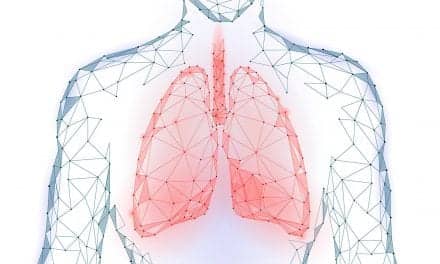Long-term exposure to particulate matter air pollution, even at concentrations below the existing European Union air quality limit values, increases a person’s risk of lung cancer, according to research published in the The Lancet Oncology.
Investigators assessed data from 17 cohort studies based in 9 European countries for particulate matter (PM) with diameter of less than 10 ?m (PM10), less than 2·5 ?m (PM2·5), and between 2·5 and 10 ?m (PMcoarse), soot (PM2·5absorbance), nitrogen oxides, and two traffic indicators.
The study overcomes several limitations of previous studies, according to the authors by having a large sample size, broad European coverage, retrospective exposure assessment, adjustment for a wide range of potential confounders, and incident lung cancer as the outcome.
“Our study supports the role of ambient particulate matter air pollution in the development of lung cancer even at concentrations below current European Union limit values,” the authors wrote. “Particulate matter air pollution is ubiquitous, and on the basis of our results, further reductions in particulate matter air pollution can be expected to reduce the number of lung cancer cases in Europe.”









